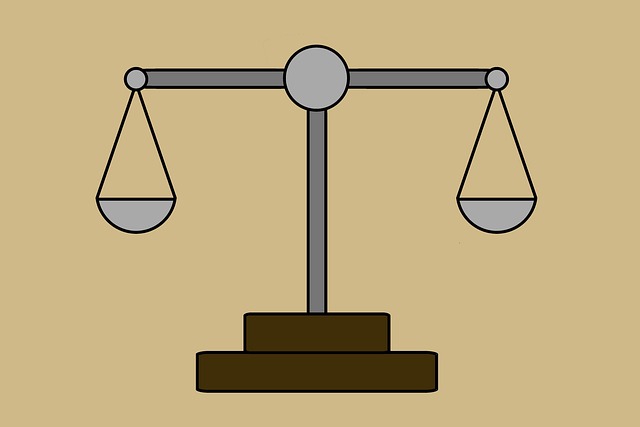Healthcare organizations face regulatory challenges requiring strategic defenses to challenge agency decisions. This involves reviewing initial decisions, gathering evidence, and presenting compelling arguments based on legal precedents, regulatory ambiguities or procedural mistakes. Expertise in healthcare compliance laws is vital for navigating high-stakes cases, driving policy changes for a more equitable healthcare landscape through robust evidence and legal strategies. Learn effective How to Challenge Regulatory Agency Decisions tactics.
Healthcare compliance experts play a vital role in navigating complex regulatory landscapes, ensuring institutions adhere to stringent standards. This article guides you through critical aspects of challenging regulatory agency decisions, an essential skill for any organization seeking to protect its rights and interests. We explore regulatory agency roles, appeal processes, and legal arguments, offering practical insights on How to Challenge Regulatory Agency Decisions. From understanding agency powers to crafting compelling legal challenges, this resource is your compass in navigating healthcare compliance complexities.
- Understanding Regulatory Agency Roles and Powers
- Navigating Appeals Processes: Steps and Strategies
- Legal Arguments for Challenging Decision Validity
Understanding Regulatory Agency Roles and Powers

Regulatory agencies play a pivotal role in ensuring healthcare providers adhere to ethical standards and legal requirements. These agencies possess the authority to investigate complaints, conduct inspections, and enforce compliance across all stages of the investigative and enforcement process. They have the power to issue warnings, impose fines, suspend licenses, or even revoke them in cases of severe non-compliance. Understanding these powers is crucial for healthcare organizations as it enables them to proactively manage risks and avoid penalties.
When facing regulatory challenges, knowing how to effectively challenge agency decisions can be vital. A strategic defense involves gathering compelling evidence, presenting a winning challenging defense verdict, and demonstrating that the organization has taken corrective actions. Achieving extraordinary results in these cases often requires a deep understanding of legal frameworks, a keen awareness of procedural requirements, and a tenacious commitment to upholding the organization’s reputation and integrity.
Navigating Appeals Processes: Steps and Strategies

Navigating Appeals Processes involves a strategic approach to challenge regulatory agency decisions, especially when it comes to healthcare compliance issues. The first step is to thoroughly review the initial decision, understanding the rationale behind it and identifying any discrepancies or errors. This step is crucial as it forms the basis for your appeal strategy. You’ll want to gather all relevant documentation, evidence, and expert opinions that support your case and refute the agency’s determination.
Once prepared, present a compelling argument outlining why the decision should be overturned. Emphasize any legal precedents, regulatory ambiguities, or procedural mistakes made by the agency. A winning challenging defense verdict often hinges on a clear and concise presentation of these arguments. Remember, each respective business has unique needs, so tailoring your approach to fit the specific circumstances is key. While general criminal defense strategies can provide guidance, the nuances of healthcare compliance appeals demand a nuanced and specialized strategy.
Legal Arguments for Challenging Decision Validity

When it comes to healthcare compliance, experts often find themselves in the thick of legal battles, particularly when challenging decisions made by regulatory agencies. These high-stakes cases can involve complex interpretations of laws and regulations, especially in the realm of white collar and economic crimes. Understanding how to challenge these regulatory decisions is crucial for maintaining fairness and ensuring organizations adhere to ethical standards.
Strategizing a legal argument requires a deep dive into the specific rules and guidelines governing healthcare compliance. Experts must navigate through the intricate web of regulations to identify potential loopholes or inconsistencies that can weaken the agency’s stance. By presenting compelling evidence and leveraging legal precedents, they can challenge decision validity, ultimately influencing policy changes and fostering a more equitable environment for all stakeholders within the philanthropic and political communities.
Healthcare compliance experts play a vital role in ensuring institutions stay afloat in the complex regulatory landscape. By understanding agency roles, navigating appeals processes efficiently, and employing strategic legal arguments, organizations can challenge regulatory decisions effectively. Armed with this knowledge, healthcare providers can protect their rights and maintain high-quality patient care, ultimately fostering a more robust and responsive healthcare system. To learn more about how to challenge regulatory agency decisions, consult industry experts and stay informed on the latest developments.






